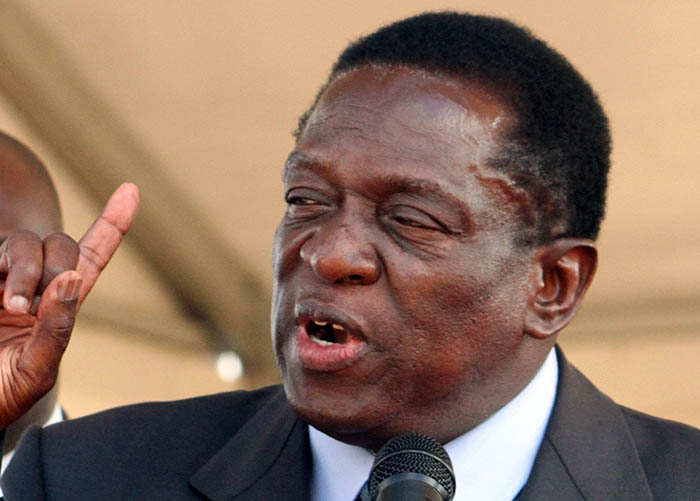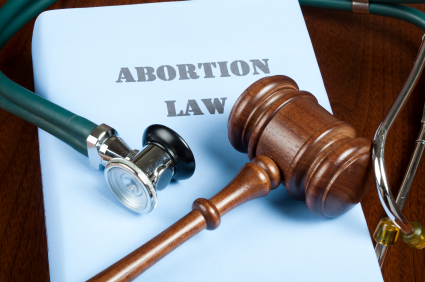Democratic Parliament empowers people: ED

Farirai Machivenyika Senior Reporter—
The legislative history of post independent Zimbabwe bears testimony of how a democratic Parliament can be used to empower its people, Vice President Emmerson Mnangagwa has said. He said this in a presentation titled, “Parliament’s Transition and Transformation from a Colonial to a Democratic Institution: A Personal Reflection,” at a symposium to mark the inaugural Parliament Open Day last week.
“A total of 19 Constitutional amendments were effected on the Lancaster Constitution by 2009, key among these were amendments dealing with the land question which could not be addressed during the first decade of independence due to entrenched provisions,” said VP Mnangagwa, who was speaking as the Acting President then.
“After 1990, the Parliament amended the Constitution and subsequently enacted the Land Acquisition Act to appropriate land for agricultural purposes, doing away with the willing seller-willing buyer model.
“Constitution Amendment No. 16 and 17 contained provisions which conclusively addressed the land question. Furthermore the new Constitution Act No.20 of 2013 provides for the irreversibility of the land question by entrenching agricultural land rights under Section 72 (20.”
Added VP Mnangagwa: “Thus, the legislative history of post independent Zimbabwe serves as an eloquent testament of how a democratic Parliament can empower its people. It was indeed through this democratic Parliament that the land question was resolved and today we celebrate a flourishing agro-sector which is now in the hands of majority black populace as well as the recent success of the Special Maize Production and Import Substitution Programme (Command Agriculture).”
VP Mnangagwa said before the attainment of independence, Parliament was used as a tool to oppress black people through passing legislation that discriminated against them.
He said this was one of the major reasons why indigenous Zimbabweans took up arms to liberate themselves.
“The transition and transformation of Parliament from a colonial to a democratic institution was a revolutionary and public narrative of the masses for a collective cause and common good of the majority,” he said.
“It was a long, arduous and rough journey punctuated with blood, toil, tears and sweat. The need for radical transformation of the legislative organ from an oppressive white settler government was indeed one of major reasons the protracted liberation struggle was waged.
“To this end, the white settler Parliament was located at the centre of dis-empowering the black majority through enacting racial and repressive laws.”
VP Mnangagwa commended Parliament for improving its oversight role of the executive since 1980, adding that the new Constitution adopted in 2013 had further enhanced the rights of ordinary citizens.
“In post-independent Zimbabwe, Parliament has made great strides in enhancing the oversight role of the legislature,” he said. “Whereas in colonial times, Parliament tended to act unilaterally and enacted laws that favoured the white elite, the new 2013 Constitution consolidates the constitutional gains that our living and late gallant heroes fought for during the struggle for independence.
“It is lauded for its substantive content that introduces salient foundational democratic elements that are consistent with the needs and aspirations of the people for a free society.”
VP Mnangagwa said the new Constitution had an expanded Bill of Rights in Chapter 4 that promoted economic, social, cultural and environmental rights and had inspired multi-party democracy to flourish. He said the post independent Parliament was more inclusive, catering for a wider spectrum of society and was now more open to the general public through its portfolio committees and various outreach programmes.
The two-day Parliament Open Day ended on Friday and was attended by hundreds of people, including primary and secondary school pupils, college students and diplomats.








Comments